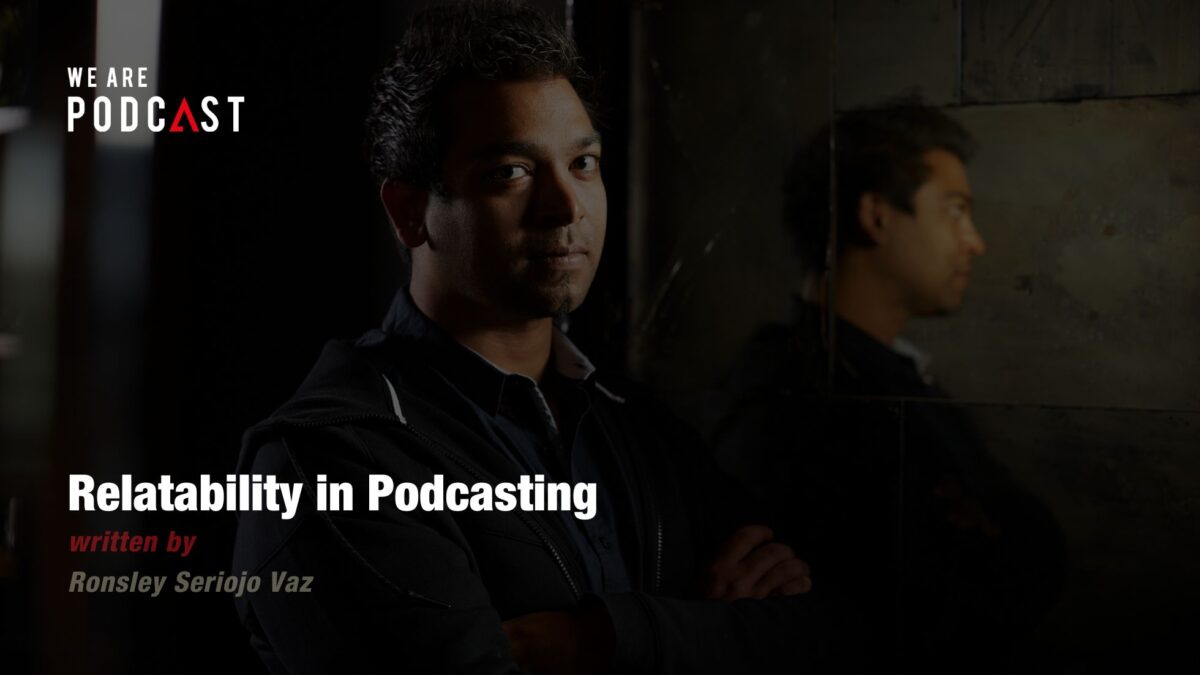Podcasting has become one of the most popular mediums for sharing stories, experiences, and information. With over 2 million podcasts available on various platforms, creating a successful podcast that stands out can be challenging. One of the key ways to make a podcast successful is to prioritize authenticity and relatability.
Come and explore the importance of authenticity and relatability in podcasting, how it can benefit both the podcaster and the listeners, and how to incorporate these elements into your podcast.
Authenticity Builds Trust with Listeners
Authenticity is a crucial factor in building trust with your listeners. When honest and genuine podcasters establish a connection with their audience, that can lead to long-term listenership and even brand loyalty. Being authentic means being true to yourself and your values, not trying to be someone you are, not just to please your audience. This sincerity in your voice, tone, and messaging will help your audience feel more connected to you and your content. Being authentic also means being honest about your experiences, struggles, and successes. Your listeners will appreciate the insight and lessons you can provide from these experiences. They will see themselves in your stories and feel like they are not alone. This connection can lead to a sense of trust and loyalty from your listeners, essential in building a successful podcast. Authenticity can also help you stand out in a crowded market, as listeners are drawn towards genuine hosts who speak from the heart.
Relatability Helps Listeners Feel Seen and Heard
Relatability is an essential component of podcasting that helps listeners feel seen and heard. When podcasters share their experiences and struggles, they show their audience that they are not alone in their challenges. This can lead to a more profound sense of connection and community. When listeners feel seen and heard, they are more likely to engage with and share your podcast. They are also more likely to become loyal listeners and even advocates for your brand. Relatability can take many forms in podcasting. It can be as simple as sharing a personal story or experience or more intentional, such as creating a podcast focused on a specific topic or niche. Podcasters can create a safe space for their listeners to engage with their content and feel comfortable sharing their experiences by incorporating relatable content. This deepens the connection between the podcaster and the audience and encourages listeners to become more invested in the podcast and help it grow.
Authenticity and Relatability Can Lead to Viral Success
When a podcast episode resonates with listeners, they are likelier to share it with others, leading to increased exposure and potential growth. Authenticity and relatability can make a podcast episode more shareable and increase the chances of it going viral.
When a podcast episode is authentic and relatable, it can create an emotional response in listeners that motivates them to share it with others. This can lead to increased exposure and growth for your podcast.
Authenticity and Relatability Are Particularly Important for Personal Growth and Development Podcasts
Authenticity and relatability are particularly important for podcasts focused on personal growth and development. Listeners often seek guidance and support in these areas, and they are more likely to trust and connect with podcasters with similar experiences and struggles.
When a podcaster shares their personal journey of growth and development, it can inspire and motivate listeners to make positive changes in their lives. This connection can lead to increased engagement and growth for your podcast.
Authenticity and Relatability Require Vulnerability
Authenticity and relatability require vulnerability. It can be scary to share personal stories and experiences. Still, it is often what makes a podcast episode powerful and impactful.
When you are vulnerable, you create a space for your listeners to connect with you on a deeper level. It can be uncomfortable, but it is often what makes a podcast episode memorable and impactful.
Authenticity and Relatability Are Not One-Size-Fits-All
Authenticity and relatability are essential components of successful podcasting. Still, it’s important to note that they are not one-size-fits-all. What works for one podcast or host may not work for another. It’s critical to understand your audience and tailor your approach accordingly. Authenticity means being true to yourself and your values, not trying to be someone you’re not just to please your audience. It’s about balancing being yourself and creating content that resonates with your listeners. For some podcasters, this may mean being vulnerable and sharing personal stories.
In contrast, it may mean being more polished and professional for others. Relatability, conversely, is about connecting with your audience on a deeper level. This can take many forms, such as sharing personal experiences, focusing on a specific topic or niche, or having a conversational interview style. It’s important to consider what will make your audience feel seen and heard and to create a safe space for them to engage with your content.
However, it’s essential to remember that what works for one audience may not work for another. Flexibility and willingness to adapt your approach based on feedback and data is critical. Finding the right balance of authenticity and relatability for your podcast and your audience can create a connection that leads to long-term listenership and success.
In a crowded podcasting landscape, prioritising authenticity and relatability is more important than ever. Podcasters can stand out and create meaningful connections with their audience by building trust with listeners, creating a sense of community, and sharing personal stories and experiences.
Authenticity and relatability require vulnerability, often making a podcast episode memorable and impactful. Each podcaster has its own unique voice and style, and it is essential to stay true to that while still prioritizing authenticity and relatability.
Creating a successful podcast takes time and effort. Still, by prioritizing authenticity and relatability, you can create a podcast that resonates with your audience and stands out in a crowded market.

